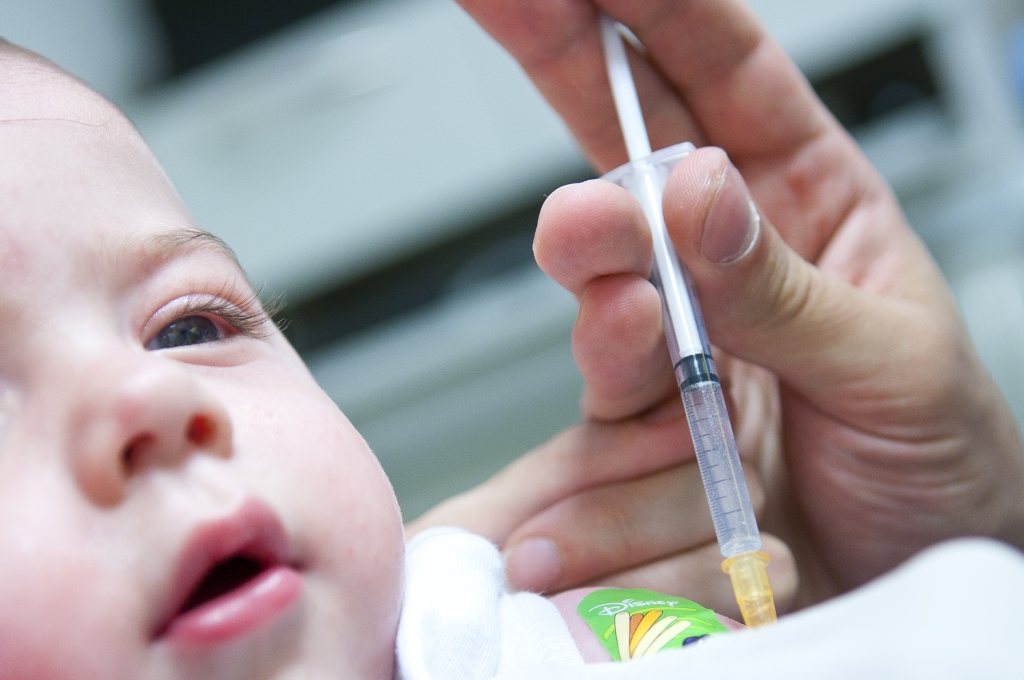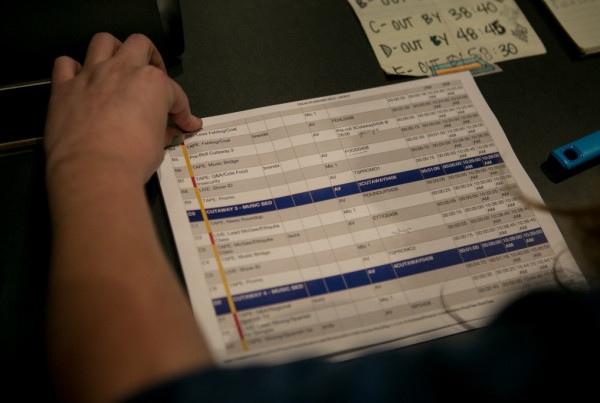Achy muscles. Runny nose. Sneezing with red spots and rash.
These are just some of the symptoms for measles, and the scenario is even scarier for doctors. As a result, the Austin Regional Clinic made a big announcement: They will no longer be serving unvaccinated pediatric patients. That means that those who have opted out of vaccinations for illnesses such as whooping cough and measles have to go somewhere else.
Dr. Kim Avila-Edwards, pediatrician with the Austin Regional Clinic, stands by the change.
“We want to take that responsibility and create a very safe environment,” Avila-Edwards says. “With recent outbreaks of mumps and this outbreak of whooping cough in the Austin area, as well as the very publicized measles outbreak early this year, we feel without strengthening this policy we put at risk the most vulnerable of our population and patients that we see.”
The Austin Regional Clinic is not alone in this. They join a small but growing movement of healthcare providers across the state that have implemented a similar policy. Dr. Gary Floyd sits on the board of trustees for the Texas Medical Association. Floyd says with little government regulation it will be up to these practices to implement their own policies.
“In Texas we have medical exemptions, religious exemptions, and just parental exemptions,” Floyd says. “As to the individual practitioners – that’s right now where it sits. It’s up to individual clinics to decide what the risk is to the rest of their practice.”
But by closing their doors to certain patients, one has to wonder if the policy could be bad for business.
“The groups of pediatricians that decide to go this direction are really not concerned as much for business as much as they are for the safety of their patients that they care for,” Floyd says. “Its what’s best for the child you’re trying to take care of, not how much money you can make.”
Its that mindset that allows doctors to focus less on money – and more on mumps.















